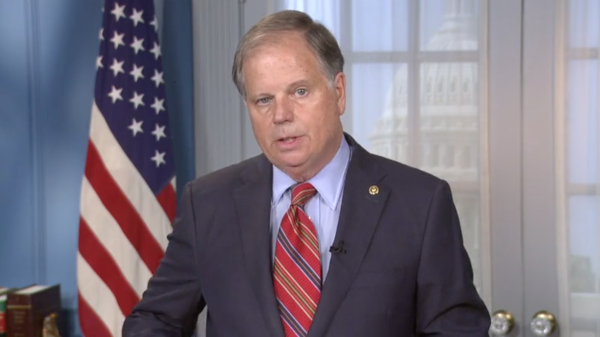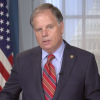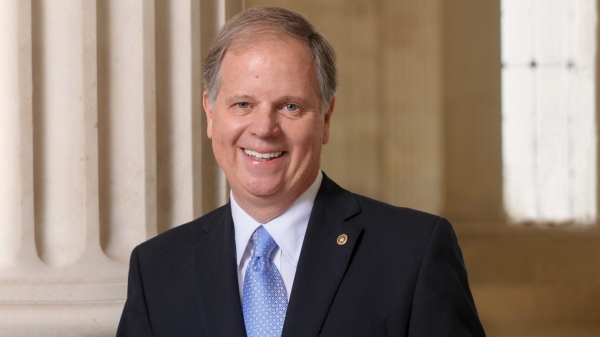By Josh Moon
Alabama Political Reporter
If Roy Moore becomes Alabama’s next U.S. senator, he’ll do it without Gov. Kay Ivey’s endorsement.
Alabama’s Republican Governor on Wednesday declined to officially endorse the Alabama Republican Party’s candidate in a special election that is drawing national attention.
Ivey, one of the nation’s most popular Governors, declined to endorse Moore over his opponent, Democratic nominee Doug Jones, who, polls have shown, is running a very tight race with Moore.
Ivey’s office downplayed her lack of an endorsement, saying that it is her policy as Governor not to endorse any candidate.
Ivey’s spokesman Daniel Sparkman said the governor has stated publicly that she plans to vote for Moore.
However, two sources told APR that Ivey’s refusal to endorse Moore caused a bit of a rift within the state’s Republican Party, which lobbied Ivey aggressively for an endorsement. With her popularity, particularly among the more moderate Republicans in the state, the ALGOP believed Ivey’s public backing could go a long way towards pushing hesitant voters to the polls.
The sources said Ivey declined up front and never wavered.
Ivey’s position that she won’t endorse candidates is a new one for her. As the state’s Lieutenant Governor, she endorsed a number of state and national candidates over the years, including Mitt Romney and Jeb Bush. However, as governor now she will have to work with the candidate who wins.
Moore has created more than his fair share of enemies within the Republican Party — both in the state and at the national level. He’s spent the last two weeks out of the public spotlight and meeting with party leaders in an effort to soothe old wounds and ensure them that he can be trusted.
The problem, of course, is that Moore has spent a political lifetime campaigning on the fact that he’s beholden to no party or group, and then proving that through his actions. Such tactics have made Moore a self-funded candidate, with donations from evangelical voters pouring into his campaign and nonprofit from all over the country, but they have also left him on a bit of an island.
It’s worth noting, for example, that when Moore was most recently booted from the Alabama Supreme Court, where he served as chief justice, it was primarily Republicans who investigated him, brought charges against him and voted to remove him.
It’s also no secret that the Republican establishment backed Luther Strange against Moore in their runoff, going so far as to have the president and vice president make personal visits to the state to campaign for Strange.
Most of the issues between Moore and the party aren’t personal, they’re business — literally. GOP leaders have privately expressed concerns about having Moore — and his radical views on same-sex rights and religion — represent the state on such a large stage. They worry that he will deter business investment and stymie the state’s already struggling economy.
His presence also does little to help a party that is struggling to overcome issues with discrimination and inclusion — problems that have left the party particularly weak with young voters, women and minorities.

















































